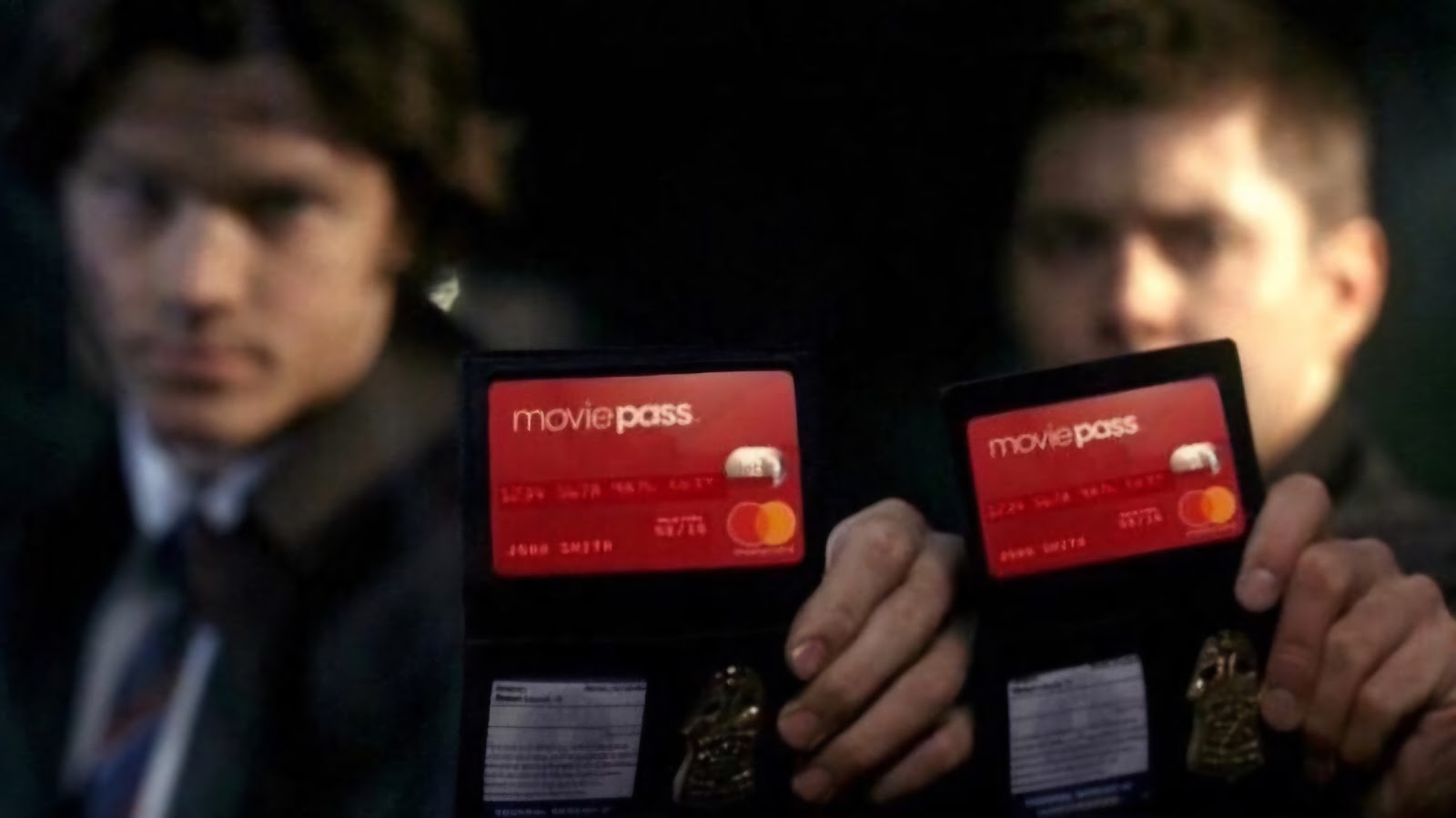“MoviePass, MovieCrash” Review
Director: Muta’Ali Cast: Stacy Spikes Distributor: HBO Running Time: 96 min. MPAA: TV-14
MoviePass was not a bad idea in the age of streaming subscriptions. By the 2010s, audiences were already paying subscriptions for Netflix, Prime Video, and other streaming apps. So why not at the theater? As later proven by AMC’s services, it can work. The problem was that MoviePass as a company was a primordial idea corrupted by a lack of oversight and poor management.
Co-founder Stacy Spikes had a good idea that attracted investors in the early-2010s. The first few years were rough, but there was potential for this voucher system to go further and become an economical choice for moviegoers. But after more investments and a cheaper price, the service skyrocketed overnight. Subscribers flocked in droves to take advantage of this deal. It was an offer too good to be true.
That’s because it was. As the documentary outlines, MoviePass simply couldn’t keep up with the demand and the costs. It’s a classic tale akin to the Internet bubble, where more money was being spent by greedy execs than what was coming in. Perhaps they figured that given enough time, the tsnumai of customers would make up for the loss and struggling servers. Or, you know, they were just greedy.
The lack of oversight is highlighted in this documentary as well, where customers reveal what they did with MoviePass. Able to watch one movie a day under the monthly plan, many customers did exactly that, draining the company’s voucher program to an absurd degree. There were no rules in place against such abuse. Without these terms, one moviegoer admits to seeing Avengers three times the course of a week, only watching one hour at a time with each visit. Such a flimsy businessmodel allowed such absurd viewing habits.
What’s more compelling about the documentary is how tragic it is for Stacy Spikes to watch his company being snatched away from him. He recognized the faults and wanted to correct them, only to be shouted down so much by the higher-ups that he was kicked out of his own company. It’s easy to feel a sense of loss for a great concept sqaundered by people who knew more about spending money than movies.
MoviePass, MovieCrash focuses more on the company than the movie subscription model industry, but that’s probably for the best. Digging deeper into the topic would perhaps be too dark for the shifting nature of the entire movie industry and how theaters have struggled since. I write this not long after the Alamao Drafthouse in Minnesota has shutdown, having become a victim of economic sting amid Covid-19. With that bigger picture in mind, it’s easier to accept the happier ending of Spikes being reunited with his company, rebuilding the brand from the ashes and learning from the mistakes of others. Whether such a model will remain is a tale that only time will tell.


